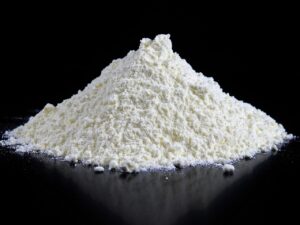What risks of microbiological infection do flours present?
Industrial treatment to pasteurize contaminated flours while preserving their intrinsic qualities:
If flours are not properly handled and stored, they can present various risks of microbiological infection. The following risks are commonly associated with contaminated flours:
- Bacteria: Bacteria such as Salmonella, Escherichia coli (E. coli) and Staphylococcus aureus can grow on wheat grains before they are processed into flour. Consumption of these contaminated flours can lead to serious gastrointestinal illness.
- Molds: In addition, flours stored in conditions of high humidity can favor the growth of molds, with the potential to produce mycotoxins harmful to health.
Furthermore, it is crucial to note that the risk of microbiological infection can vary depending on the type of flour and the source of the grains used in flour production.
What industrial pasteurization treatment can be used to treat contaminated flours while preserving their intrinsic qualities?
Industrial pasteurization treatment aims to reduce the risk of microbiological infection associated with flour. This process generally involves subjecting them to high temperatures for a set period of time, thereby killing any bacteria and mold present.
The choice of industrial treatment depends on the type of flour, the type of micro-organisms present, and the priority given to preserving the product’s qualities. Expert advice is recommended.









